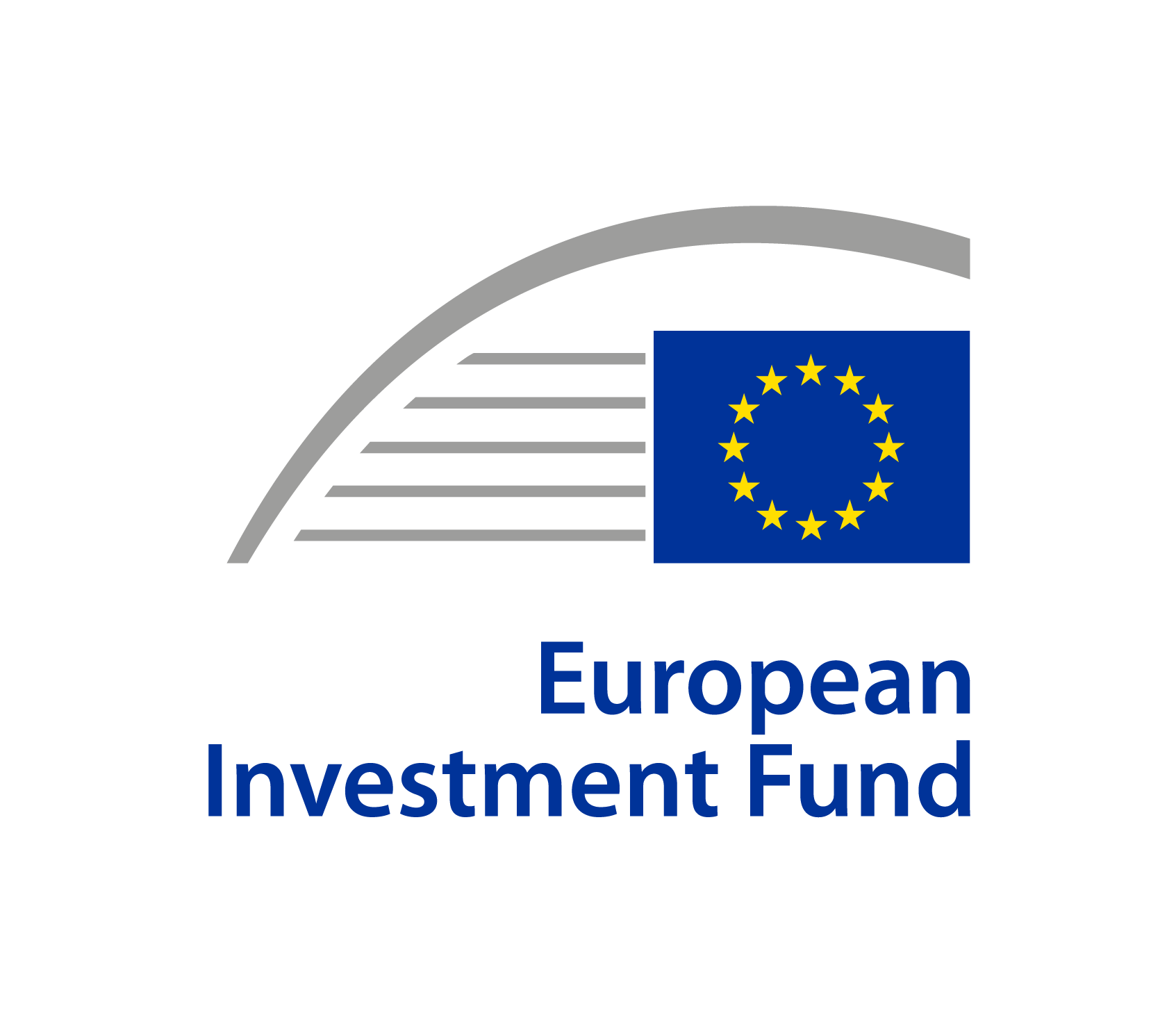
.png)
AlixLabs just closed a €14M Series A to push its Atomic Layer Etch Pitch Splitting (APS™) technology from validation into industrial reality. The round was led by Navigare Ventures, Industrifonden and FORWARD.one, with STOAF and Global Brain Corporation joining to strengthen AlixLabs’ international reach, especially in Asia’s semiconductor ecosystem.
Semiconductor scaling has hit a wall. Costs explode. Energy use skyrockets. EUV becomes the bottleneck. Chipmakers need a new path forward, and fast.
AlixLabs delivers that path. Its APS™ technology uses atomic-level precision etching to create ultra-fine semiconductor structures without relying on costly multi-patterning or heavy EUV stacks. That means fewer process steps, lower energy use and materially lower cost per wafer. In short: better economics for advanced chips.
This funding enables the company to scale APS™ from 300 mm wafer validation toward beta testing with leading customers in 2026, and early manufacturing implementation by 2027. It’s a decisive move into the phase that actually matters: getting the technology onto the fab floor.
As FORWARD.one, we’ve backed AlixLabs from Seed. Not because it’s “interesting tech,” but because it fixes a systemic bottleneck in semiconductor scaling. APS™ offers a commercially viable route to extend Moore’s Law; accessible, energy-efficient and cost-effective. Hardware breakthroughs only win when they scale; AlixLabs is now on that trajectory.
Since our investment, the team has progressed from lab-scale work to 300 mm processing. This is an essential milestone for industry adoption. The path ahead is about execution: beta testing, customer integration and manufacturing readiness.
This round gives AlixLabs the firepower to move fast and lead a major shift in how the world builds the next generation of chips.
FORWARD.one Board Representative
Arjan Göbel, Partner at FORWARD.one, continues to support the company with deep hardware experience as AlixLabs enters its most commercially critical chapter.
“APS moved from lab demos to industry-ready because AlixLabs executes relentlessly. It's exciting for us and Alixlabs to collaborate with Asia based VCs investing heavily in European technology in the semiconductor industry.”
FORWARD.one Associate Julia Kuijs
FabFloor: The production area inside a semiconductor fabrication plant. This is where wafers actually get processed, patterned, etched and turned into chips. Think of it as the “factory floor” of the chip industry.
Atomic-level precision etching: A manufacturing method that removes material from a chip one atomic layer at a time.
Think of it as carving ultra-small features with a scalpel so sharp it can cut individual atoms.
Why it matters:
Chips are now so small (2–5 nm) that you can’t use “normal” etching anymore. You need atom-by-atom control to avoid defects and keep patterns precise.
Heavy EUV stacks. “EUV” is Extreme Ultraviolet Lithography. These are the insanely expensive, highly complex machines used to print the finest patterns on chips. Basically: the more EUV steps you need, the more expensive and energy-intensive chipmaking becomes. AlixLabs’ APS™ aims to reduce reliance on these stacks.
Wafer validation: Proving your process actually works on a real semiconductor wafer, at real manufacturing sizes (usually 300 mm). This moves a technology from “the lab” into something chip manufacturers can consider integrating into their production.
Moore’s Law: The number of transistors on a chip doubles roughly every two years. It’s a shorthand for industry expectations around continuous scaling, higher performance, and more efficiency. The problem: Scaling is now extremely hard and expensive, which is why technologies like APS™ are interesting.


This operation benefits from support from the European Union under the InvestEU Fund



